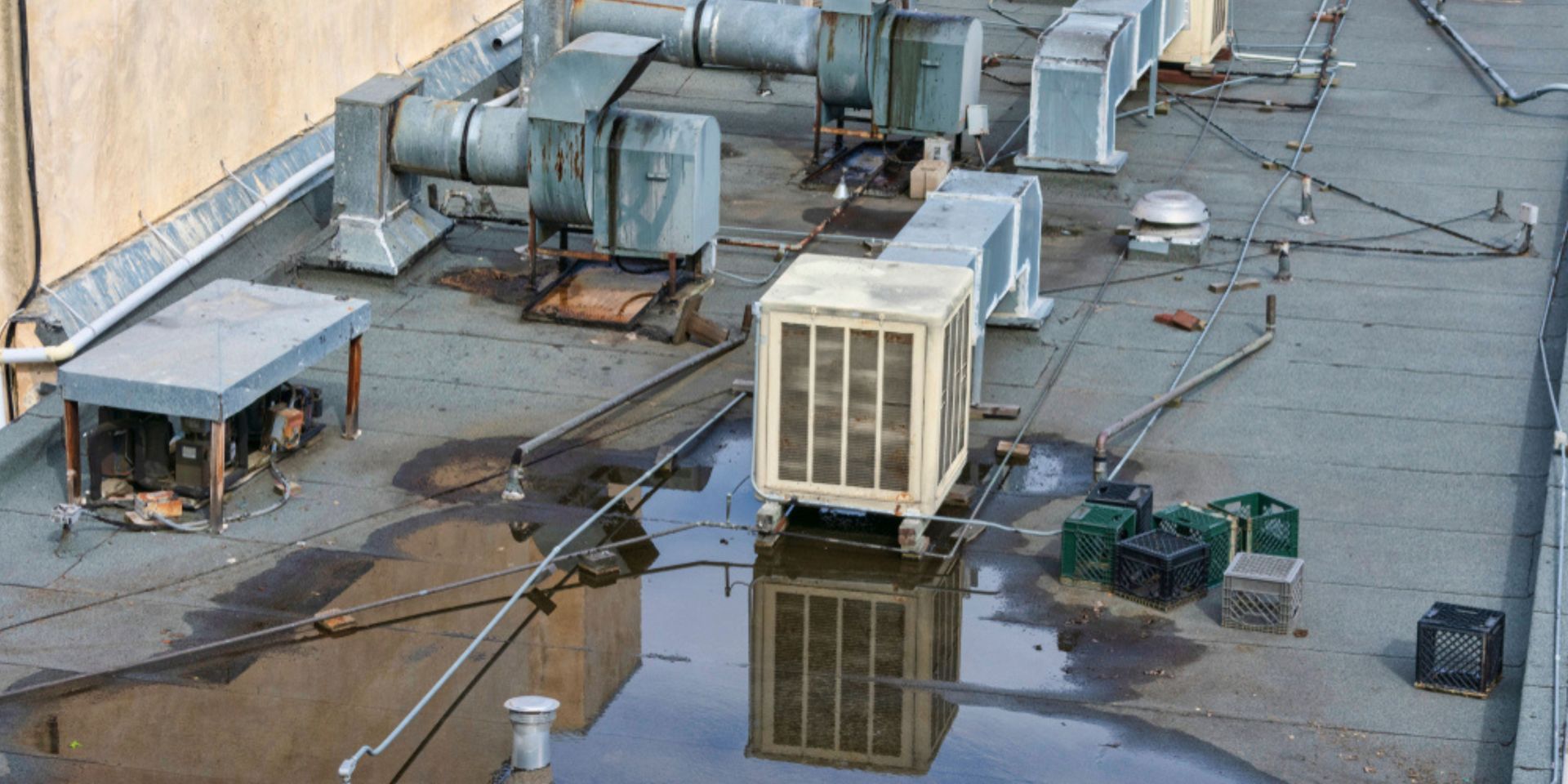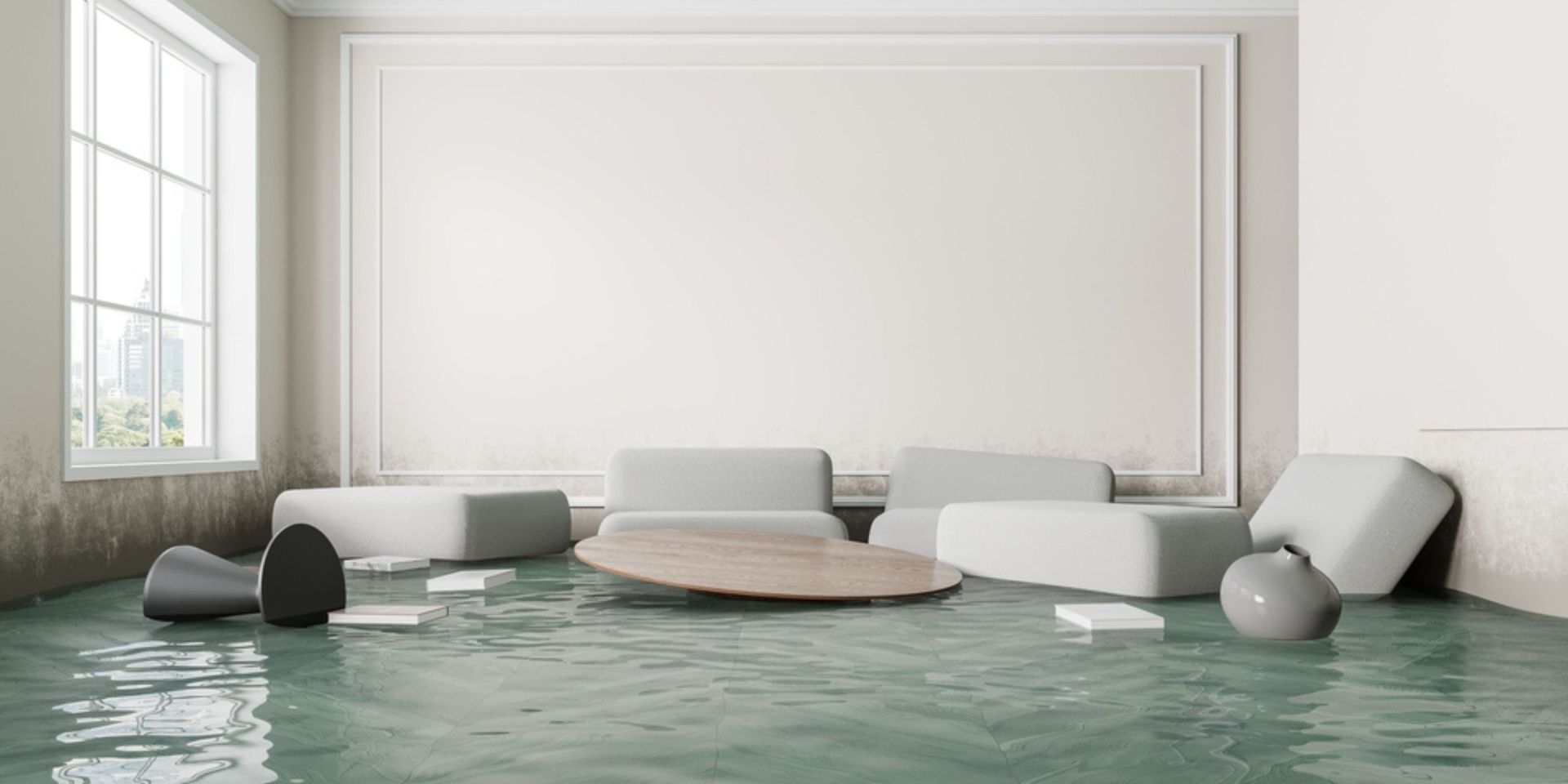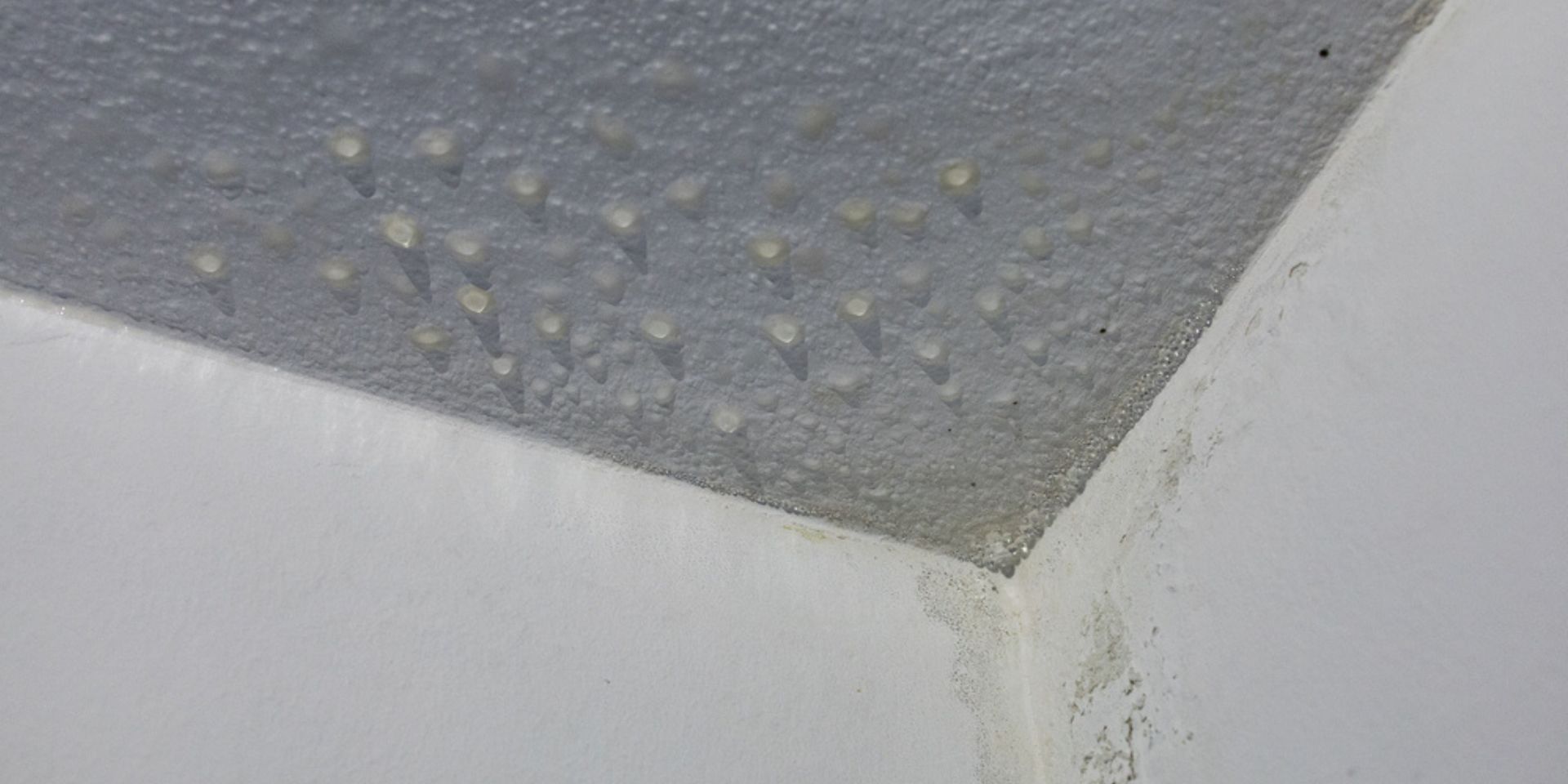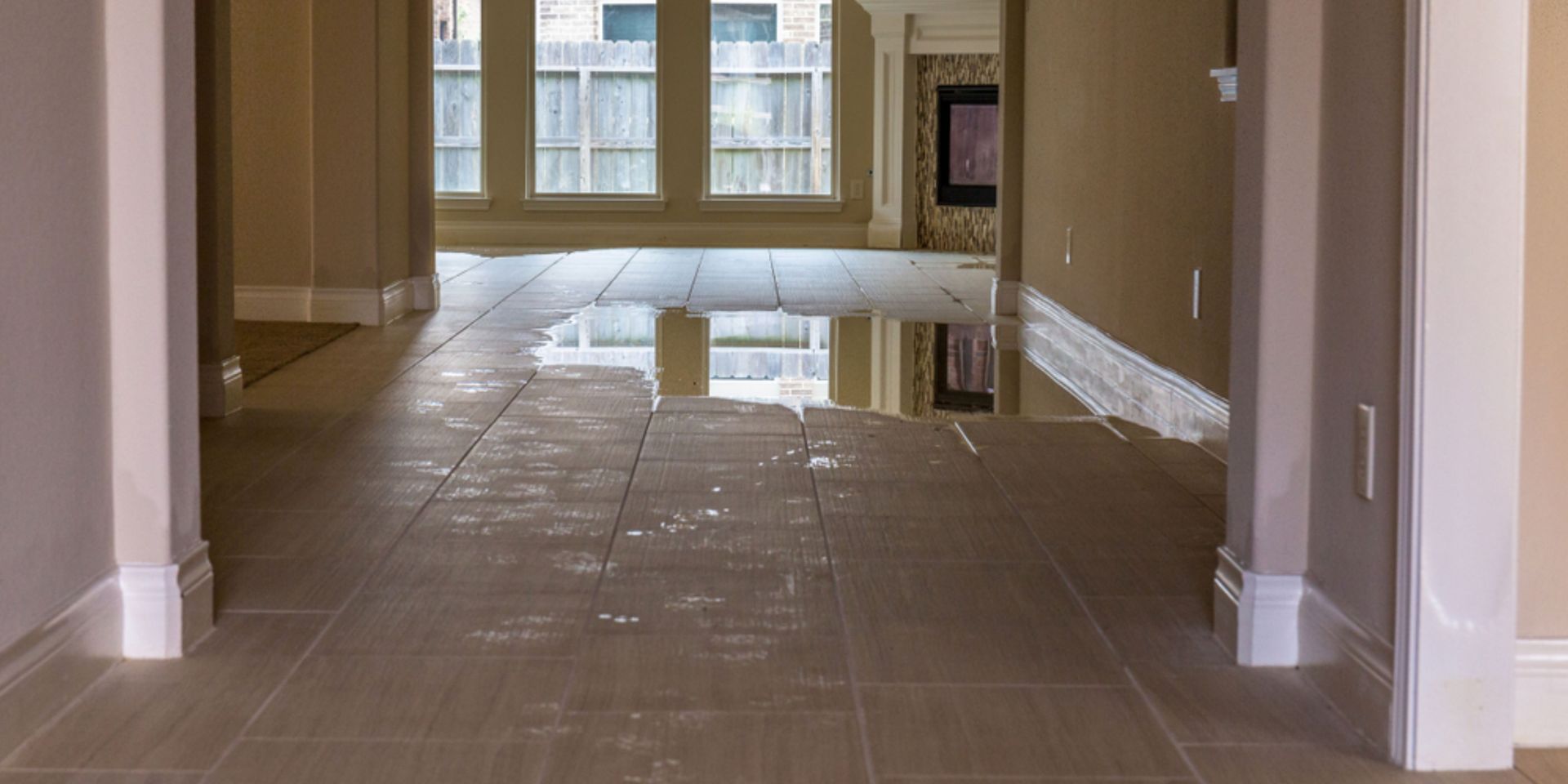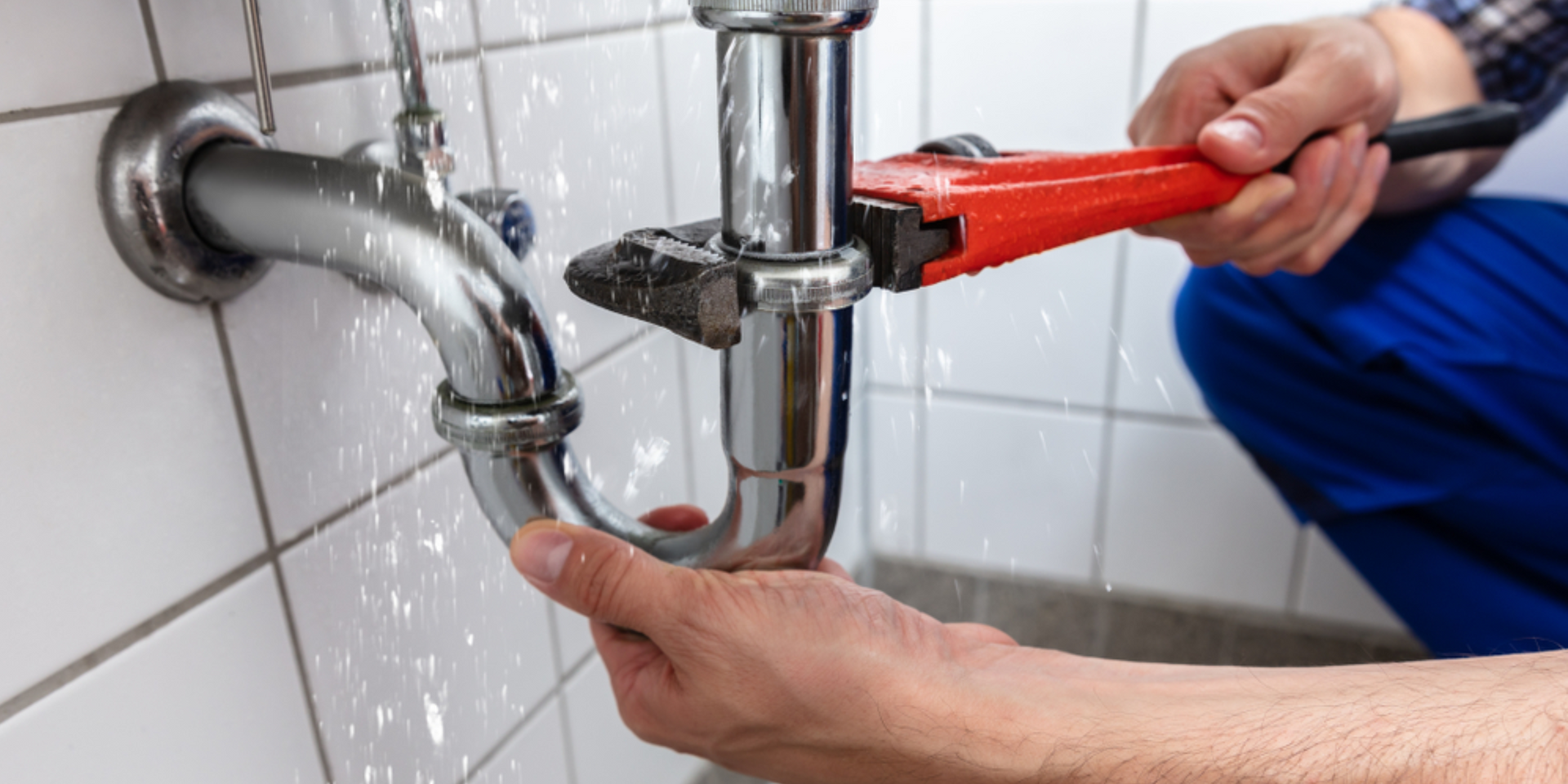Is Your Home Safe from Wildfire Smoke?
Here’s What You Need to Know About Indoor Air Quality
Local Wildfire Alert: Jones Road Wildfire Burns Over 15,200 Acres in Ocean County
As of April 24, 2025, the Jones Road Wildfire has scorched more than 15,200 acres in Ocean County, New Jersey, and is currently 50% contained. This devastating fire led to the evacuation of approximately 5,000 residents and has destroyed at least one commercial building. The smoke from the wildfire has significantly impacted air quality, prompting officials to advise residents to limit outdoor activities.
(📷 New Jersey Department of Environmental Protection)
Wildfire season is here, and even if the flames aren’t near your property, the smoke probably is. Many homeowners assume that once the sky clears and the smell fades, the danger is gone—but that’s far from the truth. The reality is: wildfire smoke doesn’t just disappear—it settles into your home, lingers in your air, and can quietly impact your health for weeks.
At HS Restoration, we specialize in restoring clean, breathable air to homes affected by wildfire smoke. But first, we want to explain why this issue matters—and what you can do about it.
What’s in Wildfire Smoke?
Wildfire smoke is more than just an unpleasant smell. It contains:
- Fine particles (PM2.5) that can penetrate deep into lungs and even enter the bloodstream
- Volatile Organic Compounds (VOCs), which can be harmful to both respiratory and neurological health
- Carbon monoxide, formaldehyde, and other toxic chemicals.
These pollutants are especially dangerous for:
- Children and seniors
- People with asthma or heart conditions
- Pregnant women
- Anyone spending extended time indoors
And the most concerning part? PM2.5 particles are so small that most home filters and basic cleaning methods won’t catch them.
How Smoke Enters and Stays in Your Home
You may have shut your windows and doors—but smoke finds other ways in:
- Through your HVAC system
- Around door and window frames
- Via attic vents and crawl spaces
- Even hitching a ride on clothes, pets, and shoes
Once inside, the particles settle into:
- Carpets and upholstery
- HVAC ducts and filters
- Drywall and insulation
- Curtains, bedding, and even clothes
Without proper remediation, these contaminants can stay in your indoor environment long after the fire is gone.
Health Risks of Indoor Smoke Exposure
Studies show that indoor exposure to wildfire smoke can lead to:
- Short-term effects like coughing, headaches, irritated eyes, and fatigue
- Long-term risks including heart disease, lung damage, and even cognitive decline
- Worsened mental health, especially among children and vulnerable adults
In fact, research has shown that the psychological stress and health consequences of long-term smoke exposure can last for months after the initial wildfire event. (Network of Care, 2023).
What You Can Do to Protect Your Home and Family
DIY Steps:
- Use HEPA-certified air purifiers in living areas and bedrooms
- Replace HVAC filters with MERV 13 or higher
- Avoid using regular vacuums (they stir up fine particles)
- Open windows only when the outdoor air quality index (AQI) is safe
- Wash soft surfaces like curtains and bedding in hot water
When It’s Time to Call the Pros
If you're still noticing odors, experiencing allergy-like symptoms, or simply want peace of mind, a professional cleanup may be necessary.
HS Restoration offers:
🧪 Indoor air quality (IAQ) testing
🌀 Duct and HVAC cleaning
🧼 Deep cleaning of smoke-affected materials
🌬 Deodorizing and remediation services compliant with EPA and IICRC standards
Let’s Clear the Air—Together
Don’t wait until health problems appear. If your home has been exposed to wildfire smoke, NOW is the time to ACT.
📞 Call HS Restoration today to schedule an Air Quality Consultation.
References:
https://www.epa.gov/emergencies-iaq/wildfires-and-indoor-air-quality-iaq#_How_does_wildfire
https://www.pbs.org/newshour/health/wildfire-smoke-inside-homes-can-cause-lingering-health-risks-here-are-some-tips-for-cleaning-and-staying-safe
https://iaqscience.lbl.gov/wildfires
https://pmc.ncbi.nlm.nih.gov/articles/PMC4517186/
https://mentalhealth.networkofcare.org/wake-nc/CommunityResources/News/Article?articleId=154533

